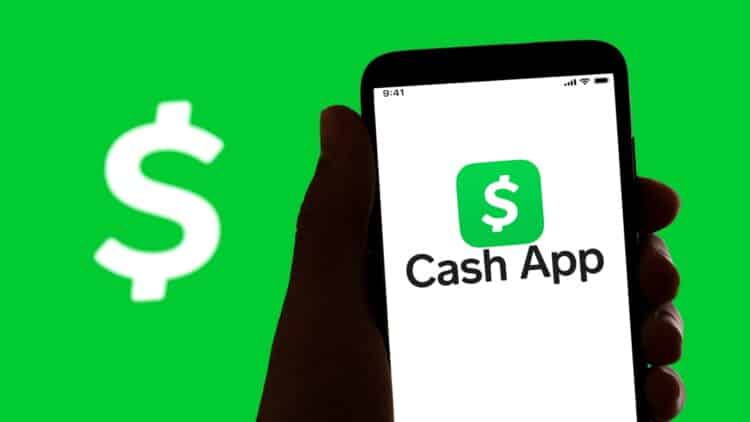Do you happen to remember those annoying text messages from a friend inviting you to use Cash App? It was written as if it came from a number saved in your contacts, but it was clearly an advertisement. If the answer is yes (you remember and you did indeed receive that message), you may be about to receive a check with a little extra money to compensate you. The payment platform Cash App, owned by Block Inc., has been hit with a monumental class action lawsuit.
Instead of going to trial, the company has agreed to a multi-million dollar settlement to resolve the case. The outcome? Cash App will pay no less than $12.5 million to thousands of users affected by the misleading ads. This money will be distributed among the thousands of people who received unsolicited text messages through the app’s referral program.
If you are interested in finding out how the lawsuit came about, whether you qualify to receive this money, and how to claim it, keep reading this article. Most importantly, we will give you a step-by-step guide so you can claim your share of the compensation before it’s too late.
What exactly did Cash App do?
Cash App is one of the most popular and widespread financial technology applications in the United States. It allows users to send and receive money between each other. In addition, it offers associated credit cards and various stock investment programs. However, it has a controversial referral program called “Invite a Friend.”
The program is designed to grow the user base through referrals. Users who invite their contacts receive a bonus when they invite a friend to join the platform. That’s where the legal mess begins: the plaintiffs allege that CashApp encouraged its users to send a pre-written text message to all the contacts in their phone. Even though the user sent the message by pressing the Send button, the lawsuit claims that Cash App was actively facilitating or promoting this sending.
In addition, the company encouraged the transmission of commercial messages to people who had never given their consent to receive such advertising.
This is considered unsolicited advertising or legal spam. In other words, the central accusation is that this practice violated consumer protection laws. Imagine if you received repeated messages inviting you to download all the apps used by everyone you know. It would be chaos, right? That’s why Cash App has been hit with a class action lawsuit.
In its court filings, Block claimed that the messages originated with users, not the company. However, to avoid a long, costly trial that would ruin the P2P app’s public image, Block Inc. opted to agree to pay $12.5 million.
Are you eligible?
To qualify for a check from this settlement, there are some legal requirements in Washington.You must meet three crucial requirements to claim compensation: the first is geographical. You must have been a resident of Washington at the time you received this text message.
The message must have been sent to your phone between November 14, 2019, and August 7, 2025.
Finally, you must show lack of consent. That is, you must not have previously given clear, affirmative consent to receive that text message. If you meet these requirements, you can move on to the compensation stage. The deadline to submit your Claim Form is October 27, 2025, so don’t wait too long, or you’ll miss the deadline!
Payment estimates are calculated between $88 and $147 per person. The final amount will depend on the total number of people who submit a valid claim. So the more people join the class action, the smaller the final check will be. If you were ever bothered by pesky Cash App affiliate links while living in Washington, now it’s the time to get your revenge on the app!

